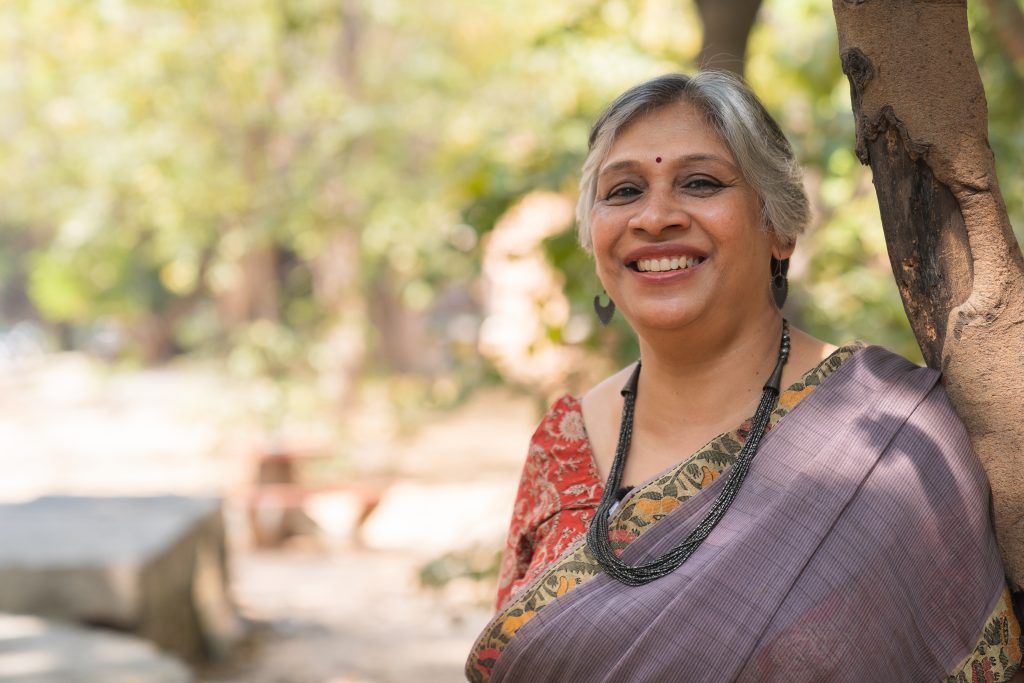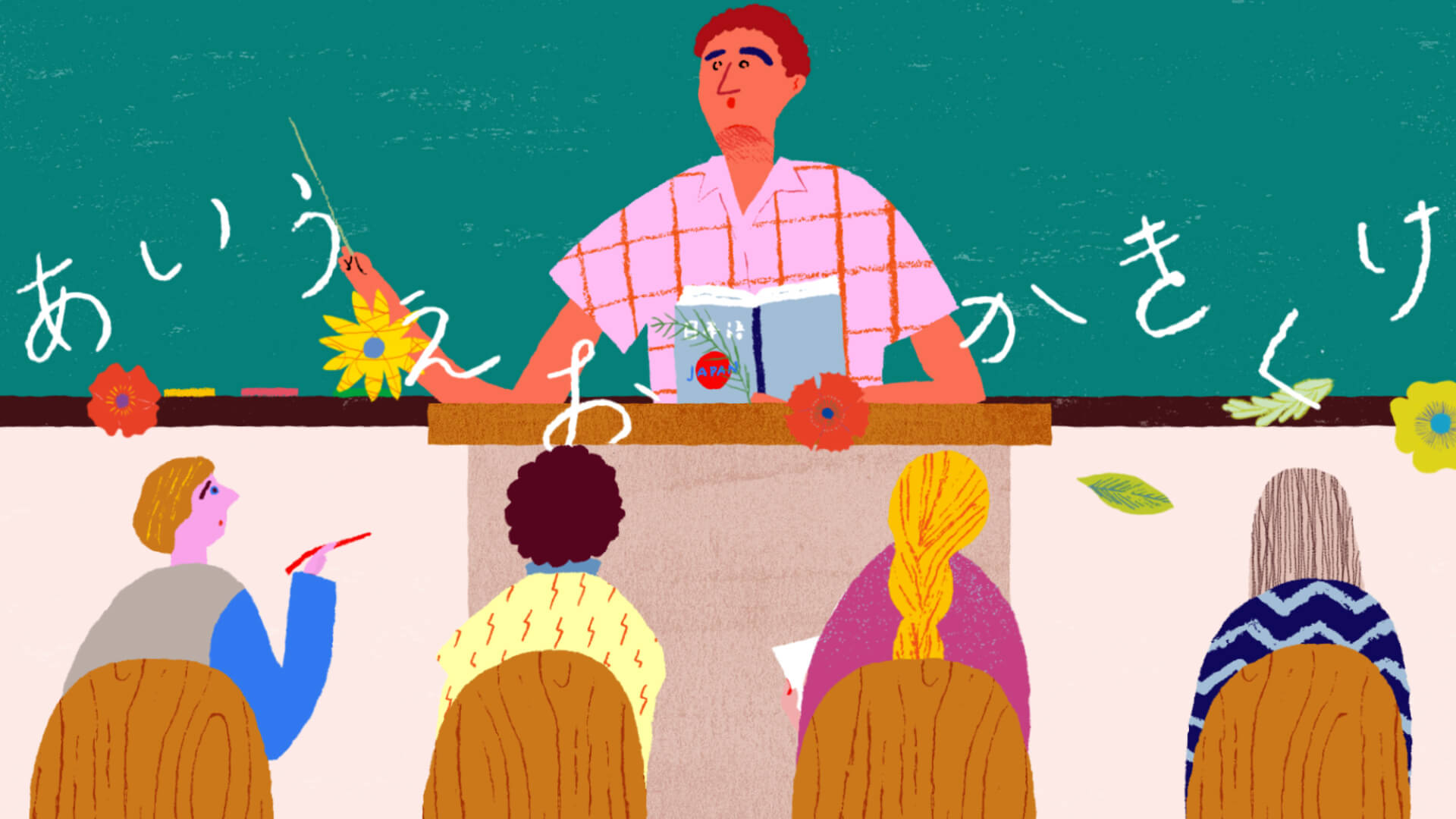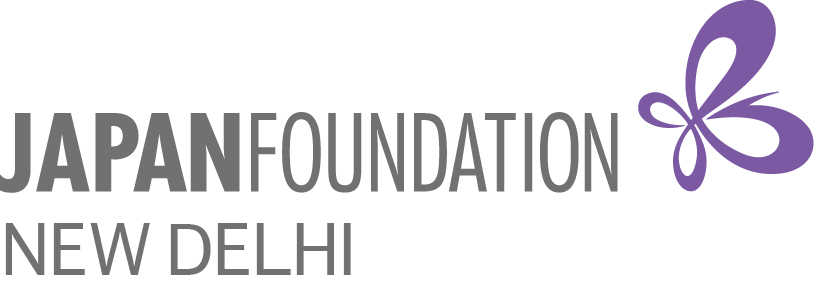
Dr. Srabani Roy Choudhury
It is important to be committed to your research because it helps you to bring back your understanding with respect to research and Japanese society at large. It makes you a different person as you grow more committed to Japan, and I believe this is a huge plus point for anyone going for research from India to Japan.
Professor in Japanese Studies Centre for East Asian Studies, School of International Studies, Jawaharlal Nehru University, New Delhi.
Prof. Roy Choudhury’s association with Japan began with JF Fellowship 1996-1997. She has been on visiting scholar programme to Keizai Koho Centre, Ministry of Economics and Industry, Japan, Policy Research Institute, Ministry of Finance, Japan, Kobe University, Nagoya University and Keio University.
Her focus of interest lies in Japanese economy and management. She has been in advisory role to many companies involved in using Japanese management principles. She has written papers in international journals on transferability of Japanese management styles and issue of language in international business. Her recent publications are centered on economic diplomacy between Japan and India with reference to Japanese business. In light of the power dynamics in Indo-Pacific region, her interest looks at India- Japan relations in this perspective.
She has to her credit four edited volumes Japan- SAARC Partnership: A Way Ahead (2014) and India-Japan Relations @ 70: Building Beyond Bilateral (2022). The Indo-Pacific Theatre: Strategic Visions and Frameworks (2023), Japan and Its Partners in the Indo-Pacific: Engagements and Alignment (2023).
Prof. Roy Choudhury received Japan Foundation Fellowship in the year 1996-97. Her thesis was on “Human Resource Management of Japanese Multinational Corporation: Case Study of Two Industries Having Joint Venture/ Wholly Owned Subsidiaries in Thailand and India”. She studied under Prof. Tetsuo ABO at Tokyo University, Japan. The fellowship allowed her to go to Japan and research on management technique practiced in Japan and how it was being transferred to the rest of the world. Since information through secondary sources was limited at that point in India, this exposure enhanced her research. JF also provided enough financial support for her to make a lot of travel to places for her interviews and research purposes. She feels that no other scholarship provides as much financial support as JF Fellowship. She believes this also enable students to get exposure and build connections.
She says that one important thing to do during your fellowship is to do your research diligently and to live within that community. “It is important to be committed to your research because it helps you to bring back your understanding with respect to research and Japanese society at large. It makes you a different person as you grow more committed to Japan, and I believe this is a huge plus point for anyone going for research from India to Japan.”
When asked about the memories, she says that there are many as Japan is the first abroad country she visited. Memories such as pardoning for being two-minute late, learning to eat with chopsticks, eating a lot of Japanese food, etc. there are innumerable pleasant memories of her. One of her strong memories in SAKEN (Institute of Social Science, University of Tokyo) was tacit learning from observing many good research presentations, meeting renowned professors and learning to conduct interviews and surveys.
She says that there are many good things in Japan you can learn. One such thing is that professor don’t treat you as someone “below” because you are a Ph.D. student, and they are often willing to learn from you. She also believes it is important to learn a little bit of language. During her stay in Japan, she home stayed and learned the language, and it was a “totally different kind of experience”. She says that she was “extremely lucky” as she got a very good host and even now, she is in connection with them. “I created lifelong friendship at that time. So, these things really contributed to the positive impression of Japan. The strong impression of Japan was the discipline, commitment of students, faculties towards doing anything and the kind of community I got in SAKEN.”
She joined JNU in 2006. According to her, it was an extremely interesting phase of India-Japan relations, so she immediately plunged into the subject and tried to understand Japanese investments in India which she had also partially worked with during her thesis. Her initial research looked at opportunities of Japanese business in India and since then, India Japan relations has taken central stage in her analysis of geo-political and geo-economics of this region.
 Twitter
Twitter

 '
'